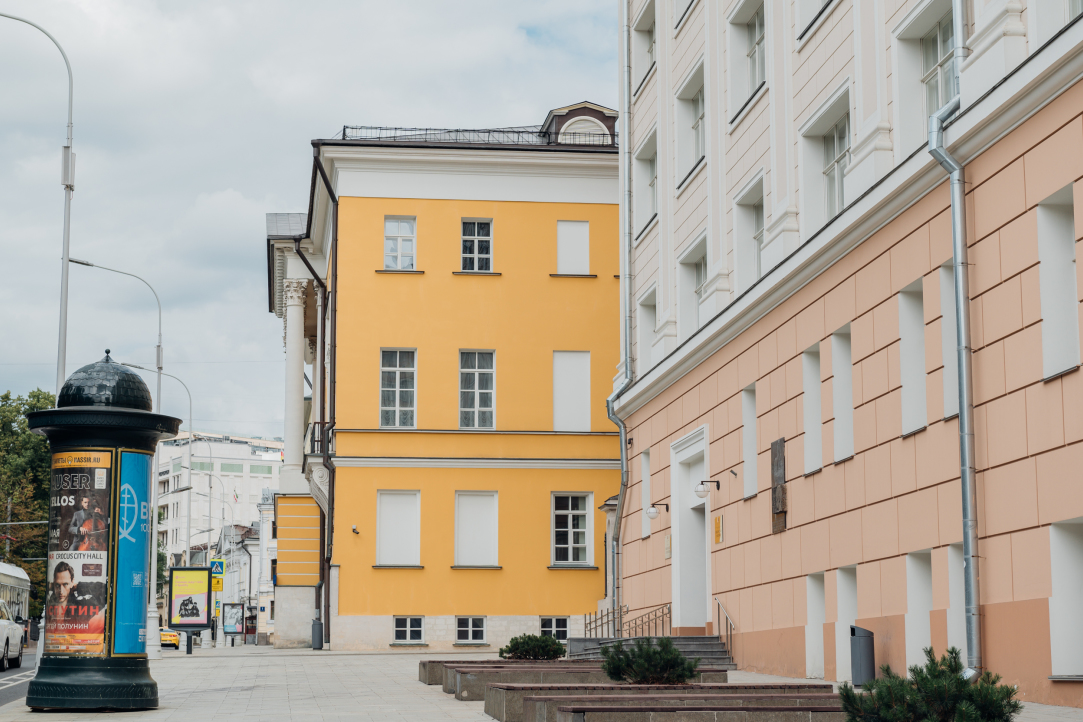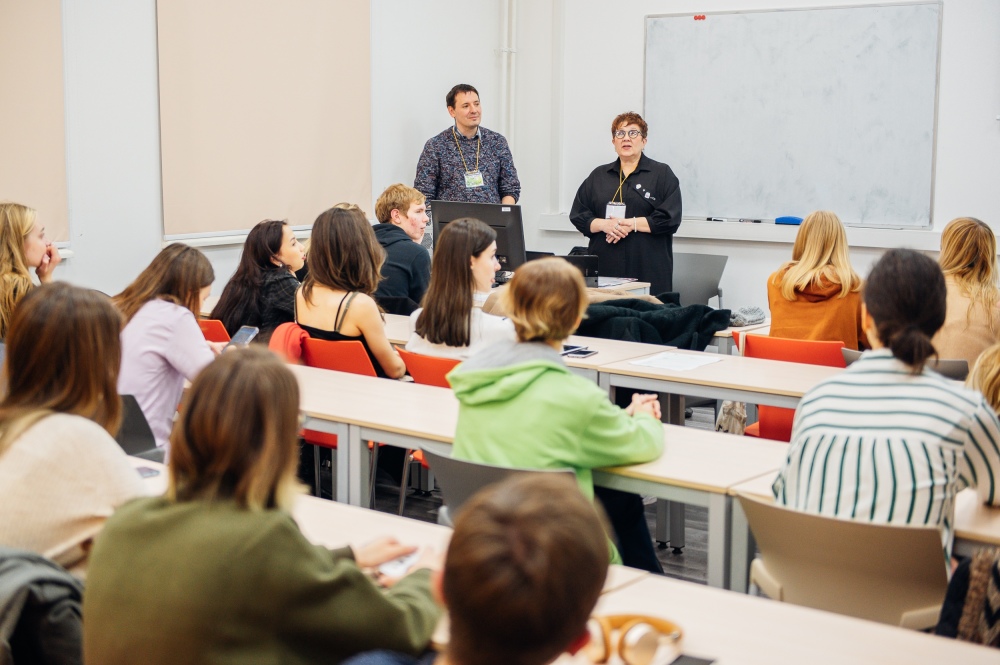- A
- A
- A
- АБB
- АБB
- АБB
- А
- А
- А
- А
- А
‘A Response from the University to the Most Pressing Social Challenges’
Anastasia Stepanova, Deputy Vice Rector and Associate Professor at the School of Finance, as well as Research fellow at the Corporate Finance Center, heads the HSE Center for Development and Integration of Project Activities and is responsible for managing the HSE 'Big Projects' programme. Dr. Stepanova talked to The HSE Look about the programme’s goals and what it aims to achieve, as well as the various ongoing Big Projects.
What is HSE University’s 'Big Projects' programme?
In 2021, three major humanitarian projects were launched at HSE University. These projects have a lot in common. First, the projects are multidisciplinary; they involve researchers from different fields. Second, they attract undergraduate, graduate and PhD students studying in a wide variety of programmes. Hence, every Big Project holds discussion seminars, which involve every single HSE subdivision that can be helpful for its implementation. Moreover, this is a great opportunity for networking in specific areas of research. Therefore, the projects are quite extensive. That’s not just a name. Finally, all of these projects focus on solving complex interdisciplinary problems that are important for our institute. We expect them to have a high academic or social impact.
What are the goals of the programme?
HSE University is a large institute. Different university teams can work on the same problems, studying them from different angles. Creating a collaborative platform for a multidisciplinary team who can pool efforts generates synergy when they are dealing with important academic problems or social challenge. The programme also aims to develop synergy between science and education through diverse involvement of students in Big Projects – as part of their project work, internship or a part/full-time job. Many students are already involved in the projects – for example, Evgeny Kazartsev’s project on ‘Literature and Society’ has attracted over 100 students per 90 scientists. Thus, the initiative certainly paves the way for the next generation of academic leaders.

In my opinion, HSE University’s Big Projects can contribute to a response from the university to the most pressing social challenges. To do that, we should develop and transfer technologies, including social and humanitarian ones, from academic research to business and society. Therefore, the result of a Big Project is an independent product that is demanded by society or business. This product can make a serious social impact, spur the development of a new scientific school and / or attract demand from the corporate world. The products developed by three Big Projects will be accompanied by a digital implementation, that is, digital products. Among them there are large databases, original rankings and methodologies for ethical assessment of companies and legislation, and platforms providing easy access to them. All digital products will be located on HSE University’s joint economic and social data archive and made accessible to other researchers on request.
Can you tell us about the ongoing projects?
Currently we have three working projects, one of which features two tracks – all projects are interesting and differ greatly from each other. They are only in their second year but quite a lot has been achieved already.
Mira Bergelson, Professor at the School of Philological Studies, leads the project on ‘Discourse practices of Russian society: professional and sociocultural perspectives’. Our colleagues study various cases of communication difficulties, or miscommunication, and the ways of overcoming it. This could refer to the specifics of vocabulary used by air traffic controllers, or people from the areas of Moscow where a large number of migrants live, or new words that entered the language during the Covid-19 period and how poorly patients and doctors understood each other. This project also looks at the meanings of words/terms, depending on situations when one learned them from, as well as the meanings ascribed to words – those that sound similar in different languages – by their speakers. Each case under the project has its own product, which will eventually be included into a unified database, which will be kept at HSE University, of course.
Another project is ‘Applied Ethics”, which developed from the position that the Russian state and society, just like any other rapidly developing system, need a social, production, cultural and business environment where the individual can live and work comfortably, while passing on their experience to new generations. And ethics lays the foundation for stable coexistence of individuals in society and, thereby, for the progressive evolvement of civilization as a whole. The first track of the project is on ‘Ethics and Law’ led by Dr. Alexander Larichev, Deputy Dean for Research and Professor at the Faculty of Law. One of the most important results of the project will be the development of universal indicators of the ethics of law, which will be possible to use for optimization of public relations regulation at different levels – from legislative to local. The second track of the project – ‘Ethics of Business’ – is supervised by Maxim Storchevoy, an Associate Professor from HSE University’s campus in St. Petersburg. The project has an intercampus team – colleagues from both St. Petersburg and Perm campuses work on creating a Business Ethics Index for local companies and other tools. Moreover, the project collaborates with various industrial associations and Russian Business Ethics Network.

Evgeny Kazartsev, Professor at the School of Philological Studies in Moscow and Department of Philology in St. Petersburg, leads the ‘Literature and Society’ project. The idea of the project came from the fact that philologists face difficulties in assessing the effect Russian-language literature has on society partially because there is not one single corpus with all Russian-language texts. Therefore, the idea was to create a digital platform that would give all philologists who study Russian literature a unified access to different types of text – corpora of Russian fiction, literature textbooks covering the Soviet period, interviews, etc. – which can be analyzed by all modern methods and answer a large number of questions. Within that digital platform, colleagues also develop a linguistic search apparatus that could be used for the analysis of literary texts (what ideas and messages they convey) that had the most noticeable impact on our society during different periods of literature development.
It seems like the “Big Projects” initiative is for research in the fields of humanities or social sciences.
As of today, yes, the launched projects are based at the Faculty of Humanities, the Faculty of Law, and at the St. Petersburg School of Economics and Management. However, we already see interest from other faculties, e.g. the Faculty of Computer Sciences, who have in mind a project in the field of genetics and bioinformatics.
Are there any plans for further development of the programme?
Yes, of course, we have development plans. First of all, they are related to the unlocking of HSE potential as a multidisciplinary research university and uniting the academic community around scientific breakthroughs and social challenges.